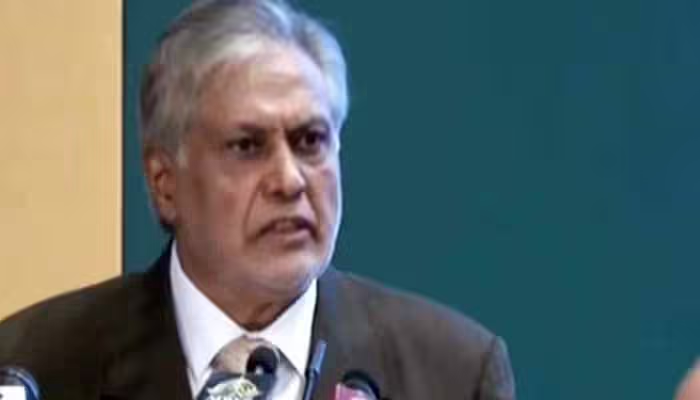Deputy Prime Minister and Foreign Minister Ishaq Dar, while addressing a Youth Convention in Islamabad, highlighted the importance of constructive dialogue and peaceful expression of demands in shaping a prosperous future for Pakistan. Stressing that anger towards the country is counterproductive, he called on the youth to channel their energy into productive avenues like education and modern technology, rather than resorting to violence and extremism.
The Role of Education in Nation-Building
In his speech, Ishaq Dar underscored the critical role that education plays in the development and prosperity of any nation. He pointed out that a robust and forward-thinking education system is the bedrock of a prosperous society, and Pakistan is no exception. “The foundation of any prosperous nation is its education system,” he said, emphasizing that the youth, as the torchbearers of the future, must leverage every opportunity to gain knowledge and skills.
He encouraged young Pakistanis to take full advantage of the educational resources available to them, particularly in the fields of science, technology, engineering, and mathematics (STEM), which are crucial for driving innovation and economic growth. By focusing on education, the youth can play a pivotal role in transforming Pakistan into a knowledge-based economy that is competitive on the global stage.
Embracing Modern Technology for National Development
Deputy Prime Minister Dar also highlighted the importance of modern technology in the development of the country. He urged the youth to harness the power of digital tools and technologies to drive innovation, enhance productivity, and solve the challenges facing Pakistan. “The youth should use modern technology for the development of the country,” he stated, emphasizing that technology is a key driver of progress in today’s world.
He pointed out that Pakistan’s young population, with its inherent dynamism and creativity, is well-positioned to lead the country into a new era of technological advancement. By embracing digital technologies and fostering a culture of innovation, the youth can contribute significantly to the economic growth and development of Pakistan.
Promoting Unity and Rejecting Extremism
In his address, Ishaq Dar also spoke about the importance of unity, tolerance, and social cohesion in building a strong and stable nation. He urged the youth to reject extremism and hatred, which he described as divisive forces that weaken the fabric of society. “Promote unity and tolerance, strengthen the roots of the country by rejecting extremism and hatred,” he advised, calling for a collective effort to build a more inclusive and harmonious society.
Dar emphasized that Pakistan’s strength lies in its diversity, and the youth must work to bridge divides and foster a spirit of understanding and cooperation among different communities. By promoting unity and tolerance, the youth can help to create a society that is resilient to internal and external threats, and that is capable of overcoming the challenges of the 21st century.
Constructive Dialogue Over Violence
One of the key messages of Dar’s speech was the need for constructive dialogue and peaceful expression of demands. He acknowledged that the youth may have legitimate grievances and demands, which is their right. However, he cautioned against expressing these grievances through violence or terrorism. “You cannot be angry with the country, you can have demands, it is your right, you should present your demands to the government, but violence and terrorism in the name of anger is not acceptable,” he asserted.
Dar’s message was clear: while it is natural to feel frustrated with certain aspects of the status quo, the solution lies in constructive engagement with the government and other stakeholders, not in resorting to violence. He encouraged the youth to use democratic means to voice their concerns and to work within the system to bring about positive change.
Deputy Prime Minister Ishaq Dar’s address to the Youth Convention was a call to action for the young people of Pakistan. He urged them to focus on education, embrace modern technology, promote unity, and reject extremism. Most importantly, he called on them to channel their energies into constructive dialogue rather than violence. His message was one of hope and optimism, rooted in the belief that the youth of Pakistan have the potential to lead the country towards a brighter, more prosperous future. By working together and adhering to the principles of peace and tolerance, they can help to build a Pakistan that is strong, united, and forward-looking.



